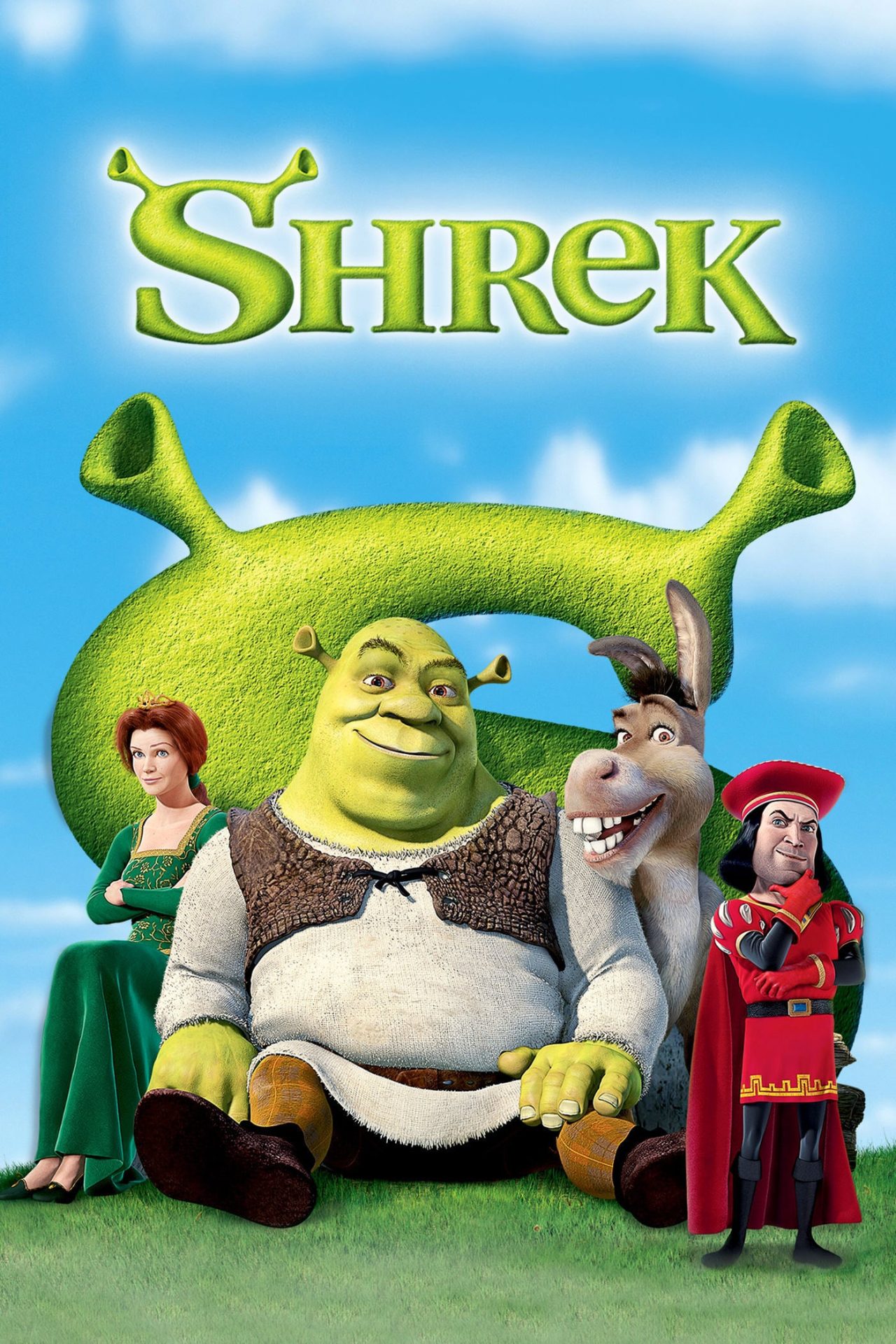-Opening Scene
Once upon a time there was a lovely princess. But she had an enchantment upon her of a fearful sort, which could only be broken by love’s first kiss. She was locked away in a castle guarded by a terrible fire-breathing dragon. Many brave knights had attempted to free her from this dreadful prison, but none prevailed. She waited in the dragon’s keep, in the highest room of the tallest tower, for her true love, and true love’s first kiss…(Laughing)
Like that’s ever gonna happen.
生词本:
enchantment: n.魔法;魅力
c. 1300, enchauntement, “act of magic or witchcraft; use of magic; magic power,” from Old French encantement “magical spell; song, concert, chorus,” from enchanter “bewitch, charm,” from Latin incantare “enchant, cast a (magic) spell upon,” from in- “upon, into” (from PIE root *en “in”) + cantare “to sing” (from PIE root *kan- “to sing”). Figurative sense of “allurement” is from 1670s. Compare Old English galdor “song,” also “spell, enchantment,” from galan “to sing,” which also is the source of the second element in nightingale.
prevail: vi.获胜
c. 1400, prevailen, “be successful; be efficacious,” from Old French prevaleir (Modern French prévaloir) and directly from Latin praevalere “be stronger or more able, have greater power,” from prae “before” (see pre-) + valere “have power, be strong” (from PIE root *wal- “to be strong”).
The spelling in English perhaps has been influenced by avail. The meaning “have or exert superior influence” is from mid-15c. (to prevail upon “succeed in persuading” is by 1570s). The sense of “be in force, be prevalent or current” is by 1776. Related: Prevailed; prevailing.
